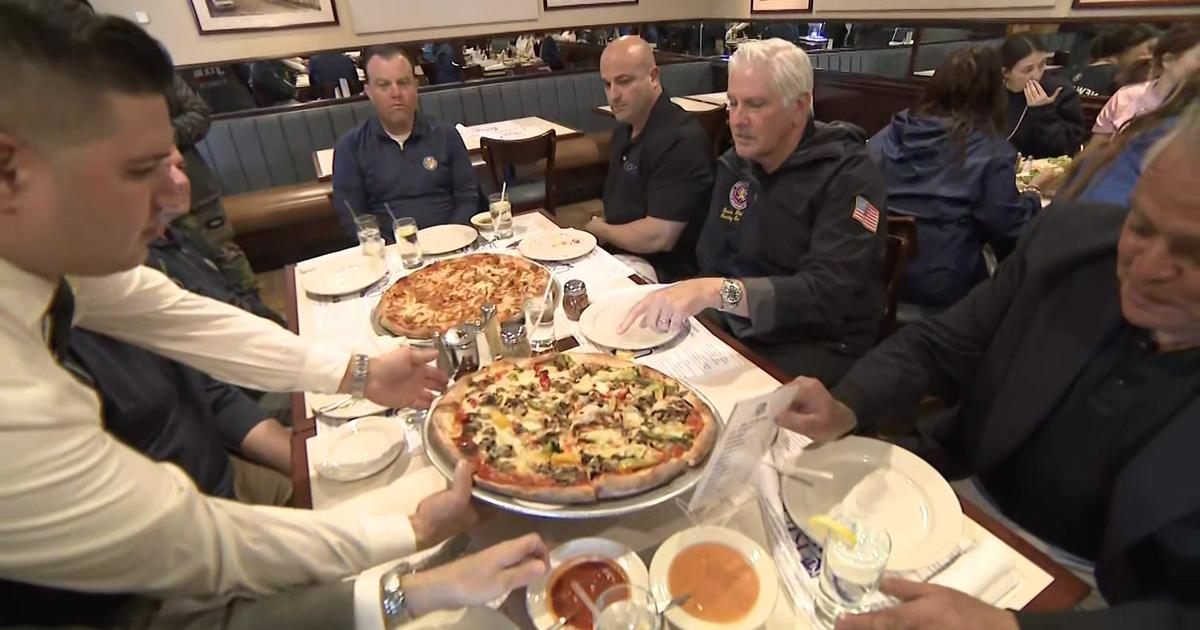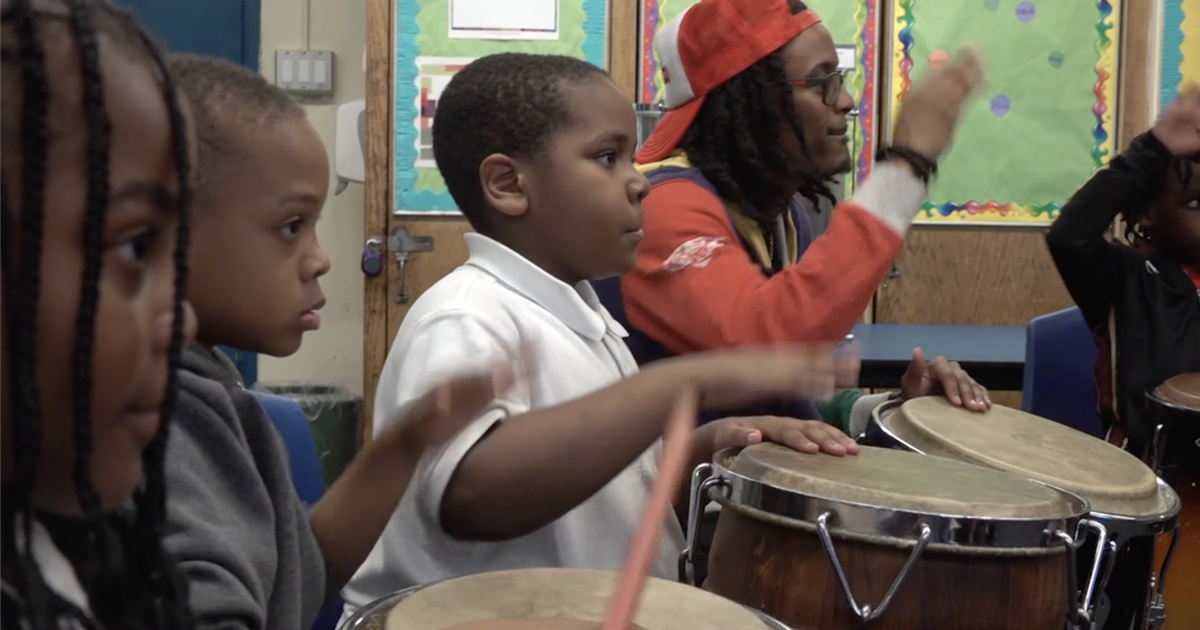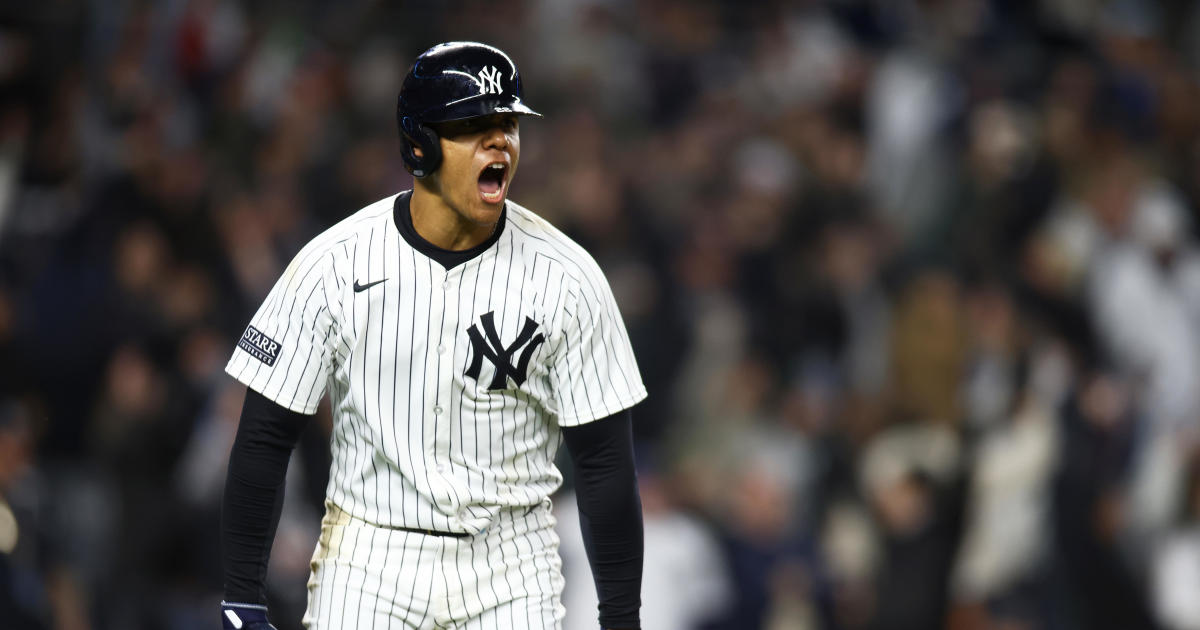Silverman: Coughlin's Personal Tragedy Underscores National Obsession
By Steve Silverman
» More Columns
It's just not that important.
Football, in general, and the NFL, in particular, dominate a lot more than news and sports coverage from August through early February. We all love what football can do for us. It is a sensational distraction. Whether you are a Giants fan who dreams of the team getting back to the Super Bowl or a Jets fan who dreams of having a real quarterback on the team, you live and breathe football.
For most, it's not just simple fandom. You are consumed by the point spread and/or your fantasy team. You get a taste of it on Thursday night. You get a full-fledged college football appetizer/smorgasbord on Saturday. A full entrée is served in three generous portions on Sunday and the exquisite desert comes Monday night.
The other three days are about decompression and then the buildup.
That's just for the fans.
For the players and coaches, NFL football is all-consuming. It is a multi-billion dollar business, and despite all the future health problems that hang over the players' heads, the number of players who leave the game because of those fears can be counted on one hand. Make that one finger of one hand.
The game is an obsession at all levels. There is no way to tone it down or dial it back.
If there was, New York Giants coach Tom Coughlin would not be on the sidelines this weekend when the 0-2 Giants attempt to break through against the 0-2 and more desperate Carolina Panthers.
Why are the Panthers even more in need of a win than the Giants? The Panthers don't have a glorious history, and their fine head coach, Ron Rivera, will probably find his head on the chopping block if the team goes to 0-3.
Coughlin has won two Super Bowls with the Giants and he is in no danger of being fired. He coaches because that's what he does.
He does not stop coaching, personal tragedies aside. You have probably heard that Coughlin's brother, John Coughlin, died after a freak accident in which he tripped getting out of a cab and hit his head on the ground. A brain hemorrhage resulted and the 63-year-old Coughlin died.
Tom Coughlin loved his brother, and he said that he went into shock when he got the news. John Coughlin had been at the Giants-Broncos game Sunday, even walking the sidelines before the game.
But Tom Coughlin cannot grieve in the normal way. He goes to work. He commiserates with his family. He goes back to work and prepares a game plan. He suffers in silence. He tries to figure out how his offense can keep from turning the ball over. He lives in a combination of guilt, pain and responsibility.
When most of us lose a brother or a treasured family member, we take the time away from work to spend time with family. Most of us use the time to grieve. It's supposed to make us feel better. It may not, but it's the natural way.
Coughlin will be on the sidelines on Sunday before burying his brother on Tuesday in upstate New York.
Just as Andy Reid was on the sidelines last year for the Philadelphia Eagles when his son died in training camp.
The same way dozens of other coaches and players have been on the sidelines in similar situations.
This is no condemnation of Coughlin. Nor of Reid, who was rewarded for his sacrifice when the Eagles decided to go in a "new direction" after the 2012 season.
It's not the sport of football, either. It's the obsession with it. We are all consumed with football and those within the game have made their livelihood into their lives.
At moments like this, it's all a bit too much.
______________________________________________________
The Giants, minus-1. Lay it. It's a steal.
You May Also Be Interested In These Stories



